Research
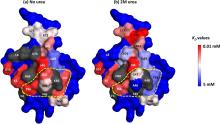
This research employs chromatographic studies with and ligand and protein libraries to provide insights into the design of novel chromatographic systems.
High throughput and bench top chromatography are employed to study the retention behavior of various separation systems and separation problems. NMR and covalent labelling/enzymatic digest/mass spectrometry are used to determine preferred binding domains of proteins interacting with various chromatographic surfaces.
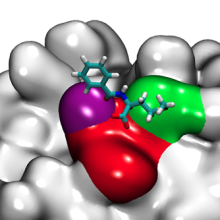
Molecular simulations, coursed grained modeling, mechanistic and hybrid models and fully data driven modeling are used to provide insight into the interactions in these complex bioseparation systems and to develop in silico prediction tools for process development and the discovery of new separation materials.
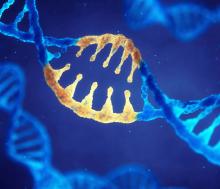
Chromatographic studies with various gene therapy products are carried out to determine the impact of the separations on product quality and to develop new approaches for improving the performance of these separations and processes.
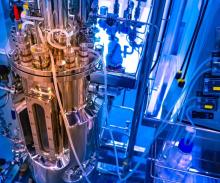
We are working with our collaborators to develop continuous downstream bioprocesses that employ chromatographic as well as non-chromatographic (precipitation) operations.
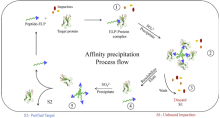
Affinity precipitation is an attractive alternative to traditional affinity chromatography with limitations of high cost and complex scale-up, by exploiting a simple environmental trigger and the specific binding between affinity ligands and target biomacromolecules.